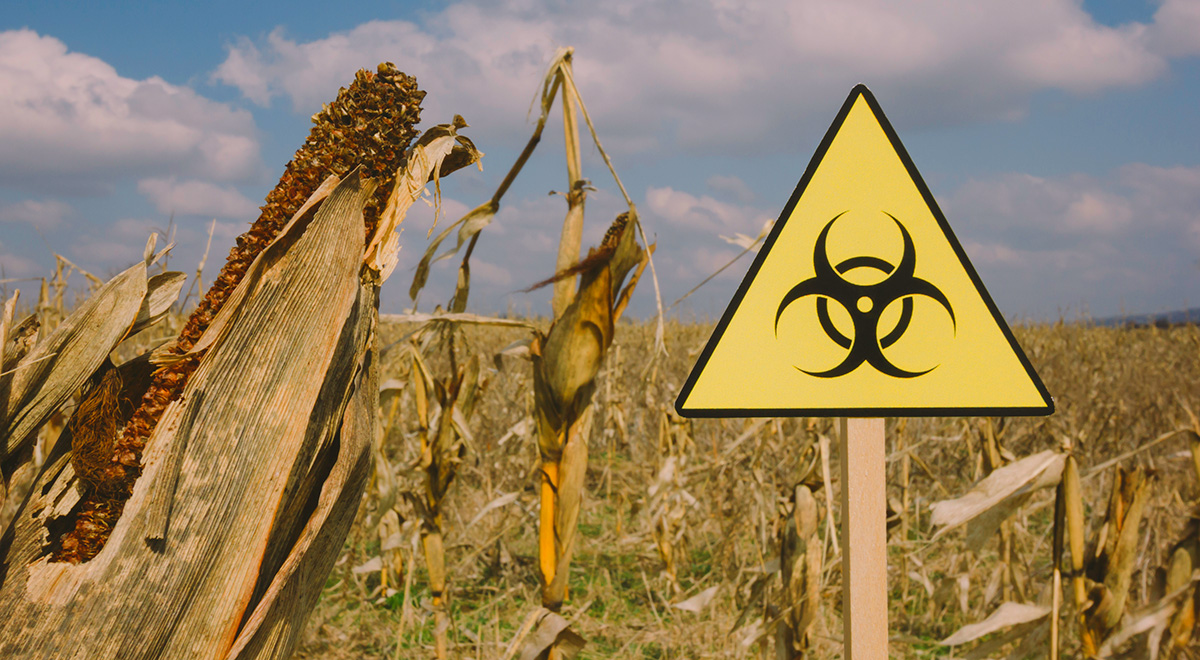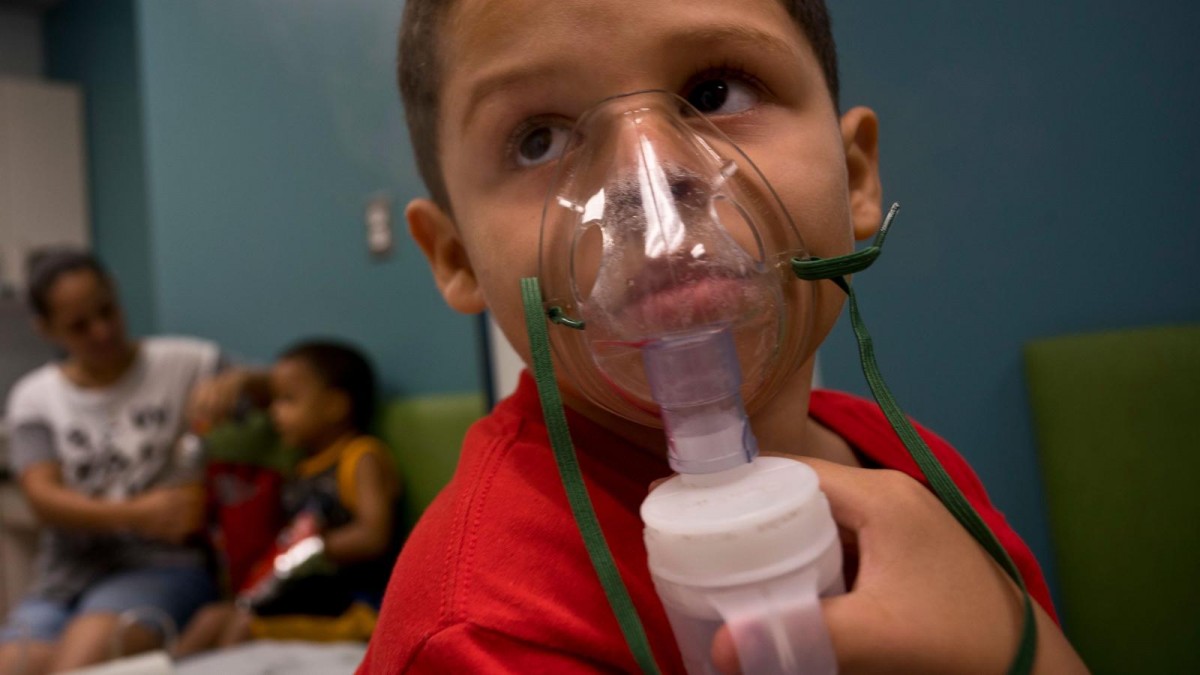
Scott Pruitt, once a longtime opponent of the Environmental Protection Agency, is now at its helm, spearheading a push to roll back regulations at a scale staffers say is unprecedented. (Tim McDonagh, ProPublica)
Since its inception in 1970, the Environmental Protection Agency has worked toward the goal of having a cleaner, healthier environment for U.S. citizens and the world at large. But like many federal institutions, the EPA is beholden to the wishes of whatever political party is in power. The American people have benefitted in countless ways from EPA guidelines, which are there to protect us, but as is often the case, corporate interests are constantly moving the goalposts.
EPA guidelines released earlier this year not only harm the planet but introduce many harmful substances into the environment. Ideally, the agency would operate in the same way nurses do: treat the symptoms as well as the disease, and focus on preventative measures to stop an issue from arising in the first place. Yet today, this all-important regulator is undoing a lot of the hard work that actual nurses do to provide preventative medical care.
A nurse can inform you of all of the chemicals you need to avoid to reduce the risk of cancer and other preventative diseases. But tragically, a nurse can’t stop the EPA from allowing those same chemicals to be pumped into our air and water, putting many us in jeopardy.
Pesticides
Pesticides and herbicides have significantly changed the way humans live, as larger crop yields due to highly effective chemicals have made food easier to access for populations overall. However, there are dark secrets that the farming industry has kept to itself. Shady business operations, closed door deals, and coverups of mass bee deaths are just the tip of the iceberg.
Not all pesticides are harmful to either the environment or to our health. The reason we know about safer pesticides is through rigorous testing and regulation. However, due to a loophole, the EPA has been allowing unapproved pesticides to be widely used under the false pretext of “emergencies” where no such emergency exists. These approvals for use of unapproved pesticides are done behind closed doors, far from the prying eyes of watchdog groups or other means of oversight.
If it isn’t bad enough that unapproved pesticides have been widely used on the nation’s crops, even approved pesticides can be incredibly harmful. Studies have shown that minor exposure to certain pesticides may cause Parkinson’s disease in some people. This is because the pesticides affect the mitochondria inside neurons, effectively robbing the neurons of energy.
Heavy metal (not the fun kind)
Mercury is a heavy metal, meaning that it has a relatively high density and is toxic or poisonous even at low levels. Unfortunately, in 2015 the Supreme Court undid an Obama-era regulation that aimed to reduce the amount of mercury power plants are able to expel into the environment. This effectively gives power plants carte blanche to emit this perilous substance.
While heavy metals are often dangerous to our health, mercury in particular can be catastrophic, since it is never really gets processed through biological functions. This means that when fish absorb mercury, it remains in the fish until it is consumed by another fish, or a human. Fish at the top of the food chain tend to have higher concentrations of mercury in their systems, since they collect and store the mercury present in every fish that they consume.
Tuna, as it turns out, are near the top of the food chain, which is why people should exercise caution in eating tuna too often. Mercury poisoning can cause memory loss, numbness in the extremities and diminished intelligence. The effects of mercury are more potent at younger ages, so be particularly careful how much fish your children eat. Of course, it would be nice if the federal agency tasked with protecting citizens from these sorts of harmful substances actually did that.
Your home and work
Trump's EPA also moved last year to dismantle programs that protect children from exposure to lead paint, citing budget cuts as the reason. The EPA’s own statistics show that 38 million homes in the United States still contain dangerous levels of lead paint. Lead, like mercury, is an incredibly toxic heavy metal that is particularly harmful to children. The projected $16 million that would be saved by cutting these programs is a drop in the bucket compared to the healthcare costs of treating individuals with heavy metal poisoning, making this a more than baffling move.
If you've watched any amount of television lately, you've likely seen a commercial for a law firm bringing cases against companies for giving people mesothelioma. Mesothelioma is a particularly destructive form of cancer that has a clear, direct and traceable cause: asbestos. A once-popular insulating material for electronics and buildings, asbestos remains the only known cause for mesothelioma.
Despite all we know about asbestos, Trump's EPA enabled asbestos to be excluded from its harmful chemicals review. This means that thousands of buildings will be overlooked that contain the substance, putting residents, workers and public servants like firefighters in completely preventable danger.
Widespread deregulation harms us directly through what we eat, and now the administration has set its sights on harming us where we live and make our living, too. The cognitive dissonance is staggering, since the people most affected by anti-regulatory policies tend also to be the ones who voted the anti-regulatory politicians into office. In the midterms several weeks ago, we seemed to see glimmers of that changing. But we still have our air and water and fields fouled by chemicals that shouldn't be there. Waiting another two years for these policies to change is asking a lot of people's basic health.
















